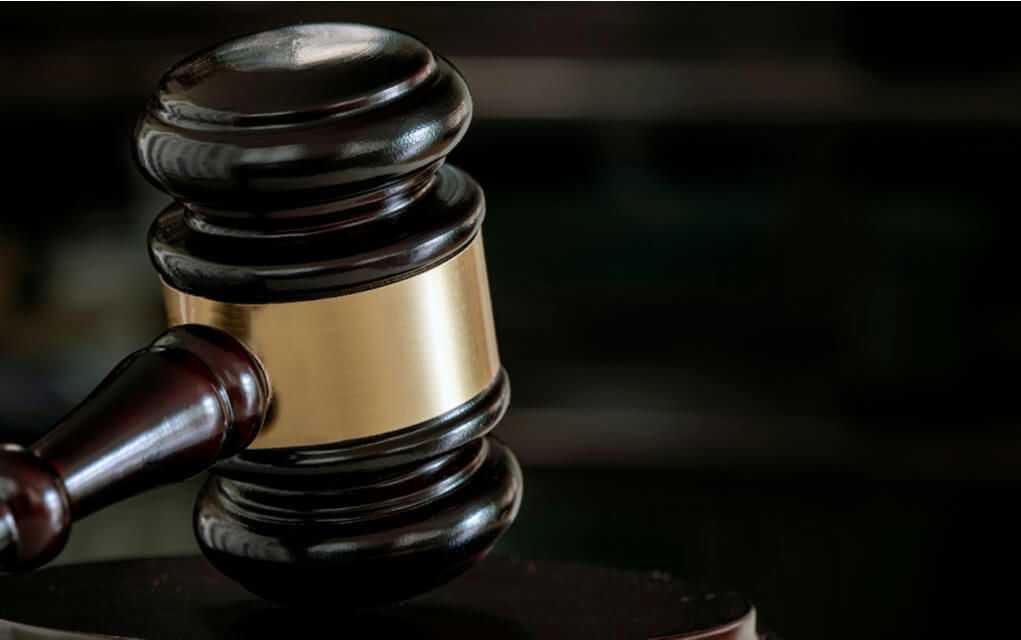
After years of seeing religious liberty undermined by leftist policies, a federal judge’s ruling against Idaho’s ban on church facility rentals marks a pivotal victory for First Amendment rights and a direct rebuke to government overreach that once threatened faith communities nationwide.
Story Snapshot
- A federal judge found that an Idaho charter school violated a church’s First Amendment rights by canceling its rental agreement for Sunday services.
- The court ruled the state’s use of the Blaine Amendment was unconstitutional, setting a precedent limiting anti-religious discrimination in public education funding.
- The decision strengthens protections for faith-based groups and curtails past government efforts to exclude them from public spaces.
- The ruling may influence similar cases nationwide, bolstering religious liberty against state-level “no-aid” provisions.
Federal Court Rejects State Interference in Church Facility Use
Chief U.S. District Court Judge David Nye ruled that Sage International School in Middleton, Idaho, acted unlawfully when it ended its rental agreement with Truth Family Bible Church. The school had allowed the church to hold Sunday services in its gymnasium, but canceled the lease while seeking $15 million in public bond financing. Legal advisors warned that the church’s presence could violate Idaho’s Blaine Amendment, a state constitutional ban on public funds benefiting religious organizations. However, the court found that this action infringed on the church’s First Amendment rights, including free exercise of religion, free speech, and freedom from government establishment of religion.
Federal judge rules public charter school violated church's First Amendment rights https://t.co/beFzffPCLo
— Fox News Politics (@foxnewspolitics) October 1, 2025
The judge’s ruling emphasized that the church would have only indirectly benefited from facility improvements funded by the state bond, and that barring the church from renting the space was an overreach. The court characterized the school’s decision as a “lapse in judgment,” clarifying that incidental benefits to religious groups do not justify blanket exclusion from public facilities. Idaho Attorney General Raúl Labrador, who intervened in support of the church, applauded the outcome, reaffirming that government agencies cannot discriminate against faith-based organizations merely for being religious.
Impact on Religious Liberty and the Role of Blaine Amendments
Idaho’s Blaine Amendment, like similar provisions in many states, was originally intended to prevent public funding of religious schools. For decades, these “no-aid” amendments have been wielded to keep churches and religious groups from accessing public resources. This case, however, marks a shift: the federal court prioritized constitutional protections for religious groups over restrictive state laws. Legal experts note the decision aligns with recent Supreme Court trends that favor equal treatment for faith organizations, especially when public benefits are generally available and not direct government funding of religious activities.
The ruling sends a strong message to charter schools and state agencies nationwide. It establishes that indirect or incidental benefits do not constitute a violation of church-state separation, and that religious discrimination under the guise of constitutional technicalities will not stand. This is a significant victory for Americans concerned about the erosion of religious liberty by bureaucratic overreach and activist legal interpretations.
National Ramifications and Conservative Values Affirmed
The decision’s implications stretch far beyond Idaho. Charter schools and public institutions across the country often face similar dilemmas when religious organizations seek to rent their facilities. The ruling provides them with legal clarity and a precedent that protects faith communities from being targeted or excluded. It also challenges the legacy of Blaine Amendments, which have too often been used as tools for anti-religious bias, despite the plain language and intent of the U.S. Constitution.
For conservative readers, this outcome is a reminder of why vigilance is necessary to defend foundational rights. The federal judiciary, reflecting a renewed commitment to constitutional principles, has drawn a clear line: government cannot weaponize state law to silence or sideline religious Americans. With the Biden era’s legacy of government overreach now receding, the restoration of constitutionally grounded governance is taking root. Families, churches, and community groups can once again exercise their freedoms without fear of ideological interference from state authorities.
While Truth Family Bible Church now meets elsewhere, the legal victory ensures that faith-based organizations in Idaho and beyond will not be pushed out of public spaces by bureaucratic fiat. The case stands as a warning against policies that erode constitutional protections and as a beacon for those determined to defend traditional American liberties.
Sources:
Federal judge rules public charter school violated church’s First Amendment rights
Federal judge sides with Idaho church in Blaine Amendment lawsuit
Religious Charter Schools Case











